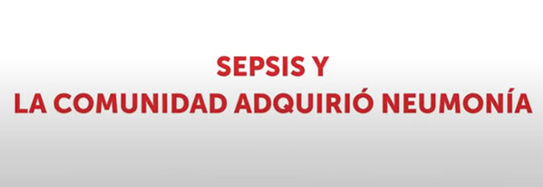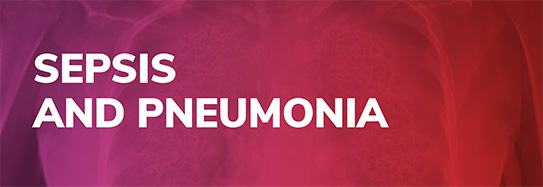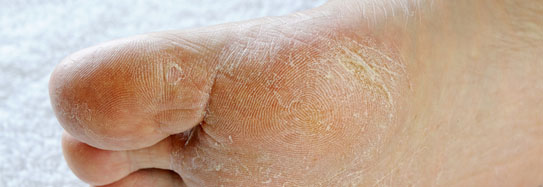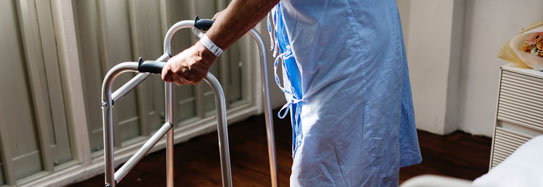Pneumonia is an infection in the lungs. The infection can be only in one lung, or it can be in both. There are several causes of pneumonia but the most common are:
Left untreated, the infection can be deadly. In the days before antibiotics, it’s estimated that about one-third of those who developed bacterial pneumonia died.
Sepsis and septic shock can result from an infection anywhere in the body, including pneumonia. Pneumonia can be community-acquired, meaning someone develops pneumonia outside of the hospital. Pneumonia can also develop in a hospital or other healthcare facility, caused by a healthcare-associated infection (HAI). HAIs affect 1.7 million hospitalizations in the United States every year. An HAI is an infection contracted by people who are in the hospital for a different reason, such as surgery or treatment for another illness.
Sepsis, which was often called blood poisoning, is the body’s life-threatening response to infection. Like strokes or heart attacks, sepsis is a medical emergency that requires rapid diagnosis and treatment.
Suggested Citation:
Sepsis Alliance. Sepsis and Pneumonia. 2024. https://www.sepsis.org/sepsisand/pneumonia/
Updated January 5, 2024.
Funding for this campaign was provided by unrestricted support from Dompé.




















































